GCA South Asia
Our regional office in South Asia was launched in September 2020 with the former Prime Minister of the Kingdom of the Netherlands Mark Rutte, and our co-Chair Ban Ki-moon with the support of South Asian Heads of State and Government. The launch was followed by a Partnership Forum which brought together stakeholders from across the continent to discuss how GCA South Asia can support their efforts to accelerate climate adaptation.
Our South Asia Regional Office serves as an anchor for the leadership of Bangladesh to mobilize global action on adaptation. It is also a regional hub for driving the climate adaptation agenda on the ground in South Asia.
Our work focuses on climate-proofing large-scale investments that drive Bangladesh’s climate adaptation investment roadmap through three transformative pillars:

GCA SOUTH ASIA
Ground Floor
House CWN (A) 35
Road 43
Gulshan 2
Dhaka 1212
Bangladesh
Locally Led Adaptation
Goal
The goal is to ensure that the needs of poor and vulnerable communities are integrated into investments worth at least $1 billion that will help increase the resilience of at least 1 million people by 2026.
Description
GCA’s Global Hub on Locally Led Adaptation informs, connects, and inspires local communities and practitioners around the world.
GCA’s work on Locally Led Adaptation (LLA) was developed to address the need for people-centric, climate-smart development that empowers lower income and vulnerable communities, including women, to have a voice in climate adaptation investment planning and implementation. A bottom-up approach to investing in public services, nature-based solutions, and infrastructure in urban areas will help cities become more resilient.
While other local organizations are often best suited to support these bottom-up approaches, they frequently lack access to finance at the required scale. GCA’s Global Hub on LLA bridges this gap by facilitating the preparation of locally led People’s Adaptation Plans and consolidating these into investment projects financed by multilateral development banks. Poor and vulnerable communities lead the development of these plans, enabling them to understand their own climate vulnerabilities and design solutions.
A comprehensive has been developed for this process. In Bangladesh, GCA has partnered with BRAC and the International Centre for Climate Change and Development (ICCCAD) to pilot this process in Mongla, under the leadership of Sheikh Abdur Rahman, Mayor of the Mongla Port Municipality.
Latest News
Nature-Based Solutions for Systemic Resilience
Goal
The goal is to mainstream innovative climate resilience solutions, including nature-based solutions, into $3 billion worth of investments for resilient infrastructure, urban, and food systems that provide services for 20 million people by 2026.
Description
GCA South Asia’s work on Nature-based Solutions for Systemic Resilience has several focus areas including Resilient Infrastructure, Resilient Urban Systems and Resilient Food Systems.
Resilient Infrastructure
The cost of climate change on large scale infrastructure is incurred through direct damages to physical assets as well as indirect damages from disruptions to social and economic services putting Bangladesh’s economic growth at risk. The program aims to mainstream adaptation solutions including Nature-based Solutions through developing national resilient infrastructure investment pipeline, providing asset level technical support, and building capacity of government agencies and private sector to mainstream climate resilience into large scale infrastructure network.
Nature-based Solutions for Resilient Urban Systems
Cities are at the forefront of climate change. The way our cities look today will change significantly as a result of climate-induced sea level rise, droughts, and devastating flooding, exacerbated by unplanned urbanization. Nature-based Solutions for Resilient Urban Systems focuses on enhancing the resilience of urban areas in Bangladesh, especially secondary cities, with a focus on vulnerable groups such as women in informal settlements. It intends to identify and integrate viable green and grey adaptation and resilience options into urban systems planning, financing, design, operations, and maintenance to ensure the resilience of new and existing urban systems in Bangladesh. Furthermore, by recognizing that women and other vulnerable groups are disproportionately affected by climate change, the program prioritizes their inclusion through the implementation process.
The work is divided into two key business lines:
- City Adaptation Accelerator, which aims to strengthen urban climate adaptation and build tested tools and methods to support more resilient cities in Bangladesh.
- Climate Resilient Water Services, which aims to strengthen climate-resilient catchments for water services for people, food, the economy, and nature.
Currently, GCA is providing technical assistance to large-scale investment projects from the Asian Development Bank, the World Bank, Asia Infrastructure Investment Bank, and Agence Française de Développement.
Nature-based Solutions for Resilient Food Systems (Emerging Program)
The Nature-based Solutions for Resilient Food Systems program supports the design and mainstreams digital climate information and advisory solutions in agricultural investment projects of international financial institutions. In the context of South Asia, GCA is scoping potential entry points for the Resilient Food Systems area and will be seeking international financial institutions to partner with in the food security and agriculture resilience sector. In partnership with Bangladesh Agricultural University, GCA has developed a typology to improve the spatial targeting of interventions to accelerate food security and rural wellbeing. The study has identified key determinants influencing the uptake of climate adaptation strategies and mapped high risk areas of intervention, which will inform this emerging program’s activities.
Furthermore, a letter of intent has been signed between GCA and CGIAR to bring the latest research results on climate adaptation into investment projects.
The food security team has an ongoing review of the agricultural sector in Bangladesh and potential entry points for GCA’s engagement in climate adaptation. Upon completion of this study, a validation workshop will take place by the end of 2024. The program is interested in collaborating further with new partners and stakeholders in Bangladesh, as well as South Asia.
Latest News
Climate Adaptation Finance
Goal
The goal is to unlock $1 billion in climate finance by 2026.
Description
GCA’s Climate Adaptation Finance program aims to bolster the capacity of vulnerable countries, like Bangladesh, to scale up adaptation efforts by accessing key sources of finance through three main business lines:
- Technical Assistance Program (TAP)
- Innovative Tools and Instruments for Mobilizing Finance
- Climate Resilient Financial Systems
In South Asia, the program is working through the TAP, which focuses on enabling direct access to the Green Climate Fund (GCF) in Bangladesh, where the government has prioritized adaptation finance due to projected climate change impacts. Despite significant government expenditure on adaptation, there remains a substantial financing gap, which global climate finance, including from the GCF, aims to bridge. The program supports entities in Bangladesh, including the Infrastructure Development Company Limited (IDCOL) and the Palli Karma Sahayak Foundation (PKSF), to access climate finance and develop quality adaptation projects.
For IDCOL, support includes reaccreditation and project preparation for the GCF. IDCOL is working on proposals for climate-resilient forestry and solar-powered irrigation, with GCA providing tailored guidance and technical assistance.
Similarly, for PKSF, assistance involves project development for GCF funding, with proposals focused on climate-resilient livestock production and fish production in coastal regions. GCA supports the development of proposals and concept notes, ensuring alignment with GCF standards and requirements.
Additionally, capacity-building efforts encompass phased training sessions to enhance the ability of entities and stakeholders to develop robust adaptation projects for GCF funding. Phase I of training held in November 2023 focused on developing robust adaptations projects to access the GCF fund in Bangladesh and demonstrated the need for climate finance and understanding climate change impacts. Phases II and III will further develop project concepts and provide training on economic and financial analysis.
Latest News
News
Blogs
Events
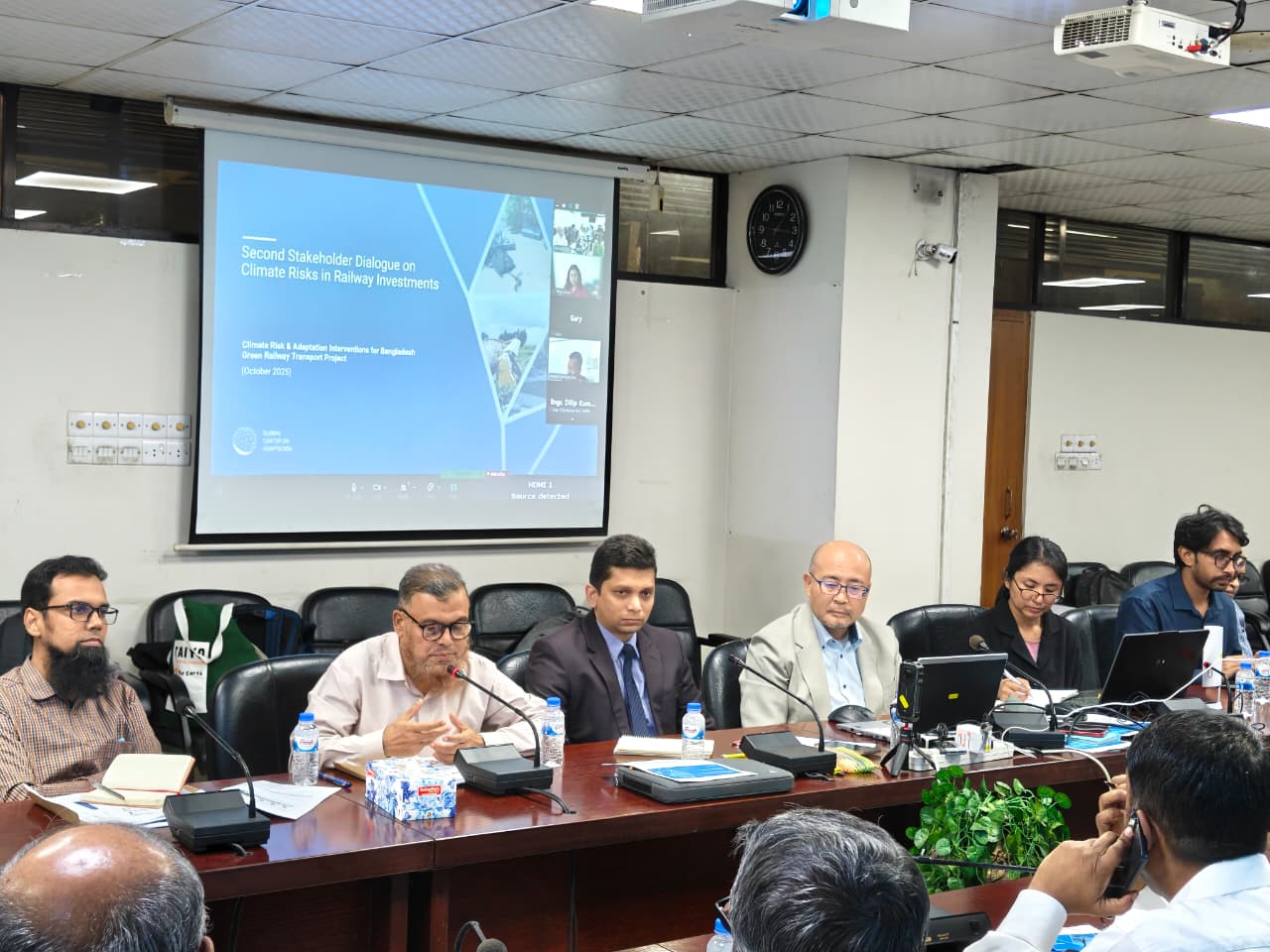
Second Stakeholder Dialogue on Climate Risks In Railway Investments
19 October 2025
Rail Bhaban, Dhaka, Bangladesh
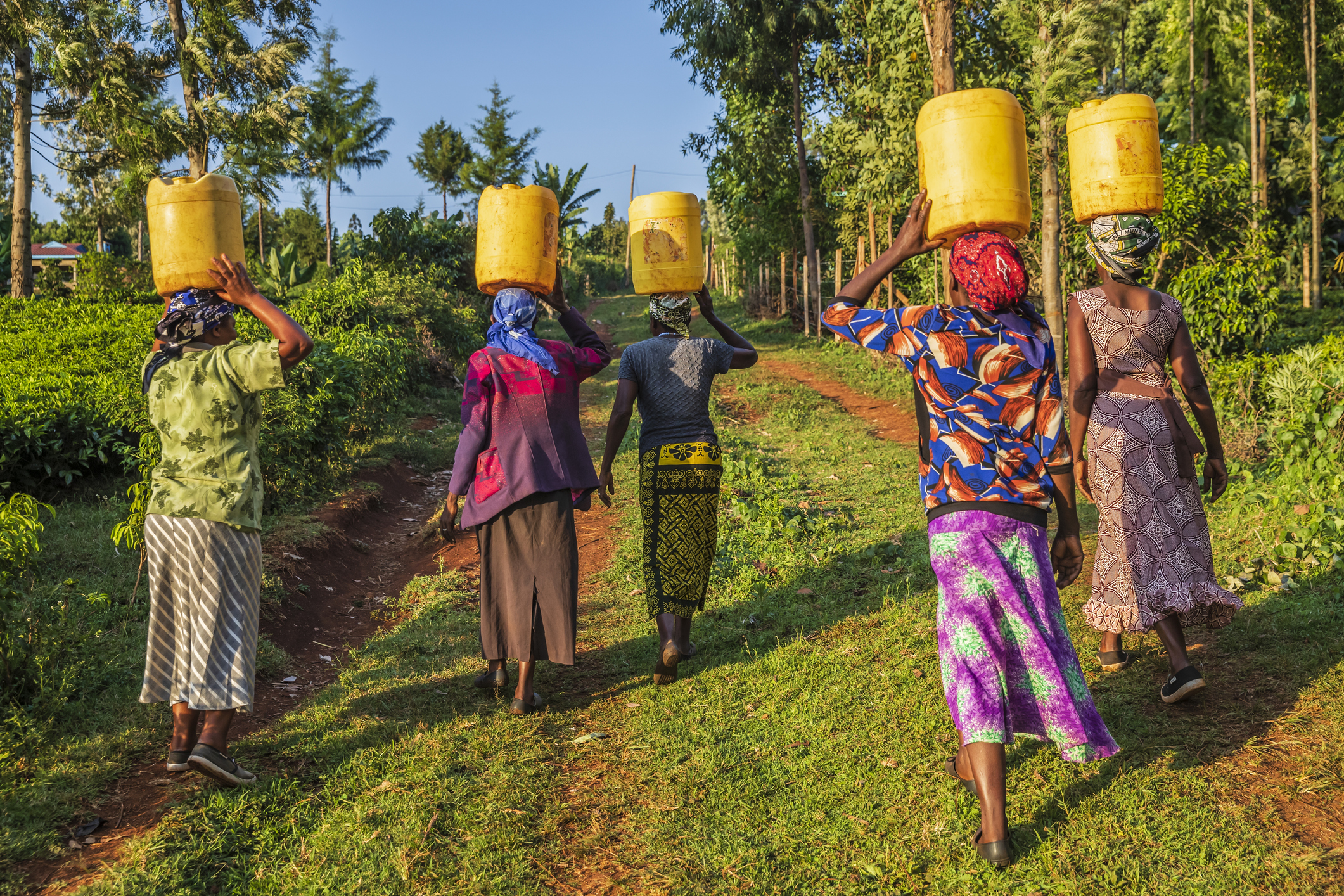
Equality in Action – Gender-Responsive Climate Adaptation Training Session
18 September 2025
Online, Global
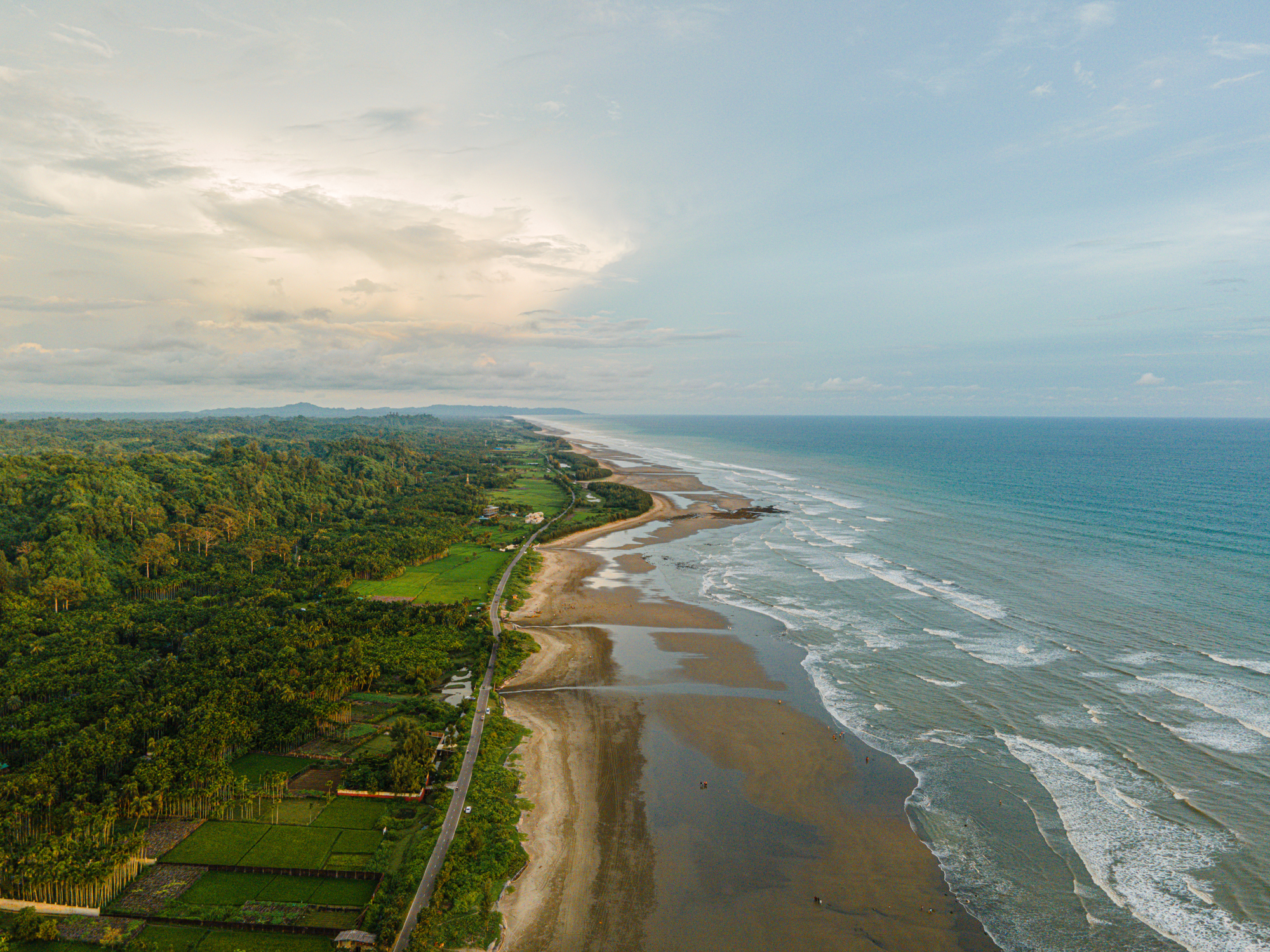
Scaling Up Nature-based Solutions for Climate-Resilient Towns
28 May 2025
Rajendrapur, Gazipur, Bangladesh
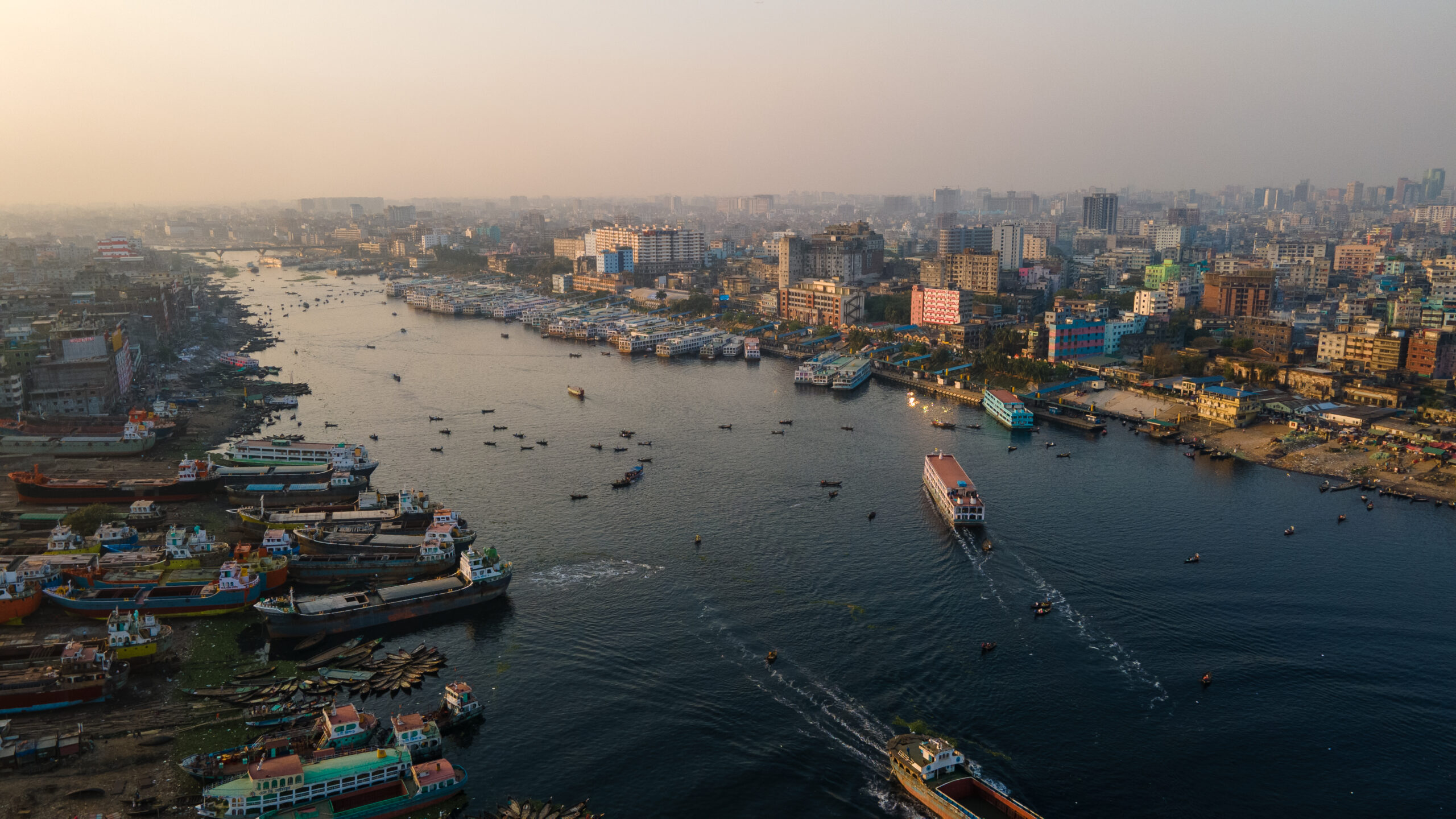
Urban Climate Resilience Masterclass (UCRMC) Training-of-Trainers (ToT)
17 May 2025
Dhaka, Bangladesh
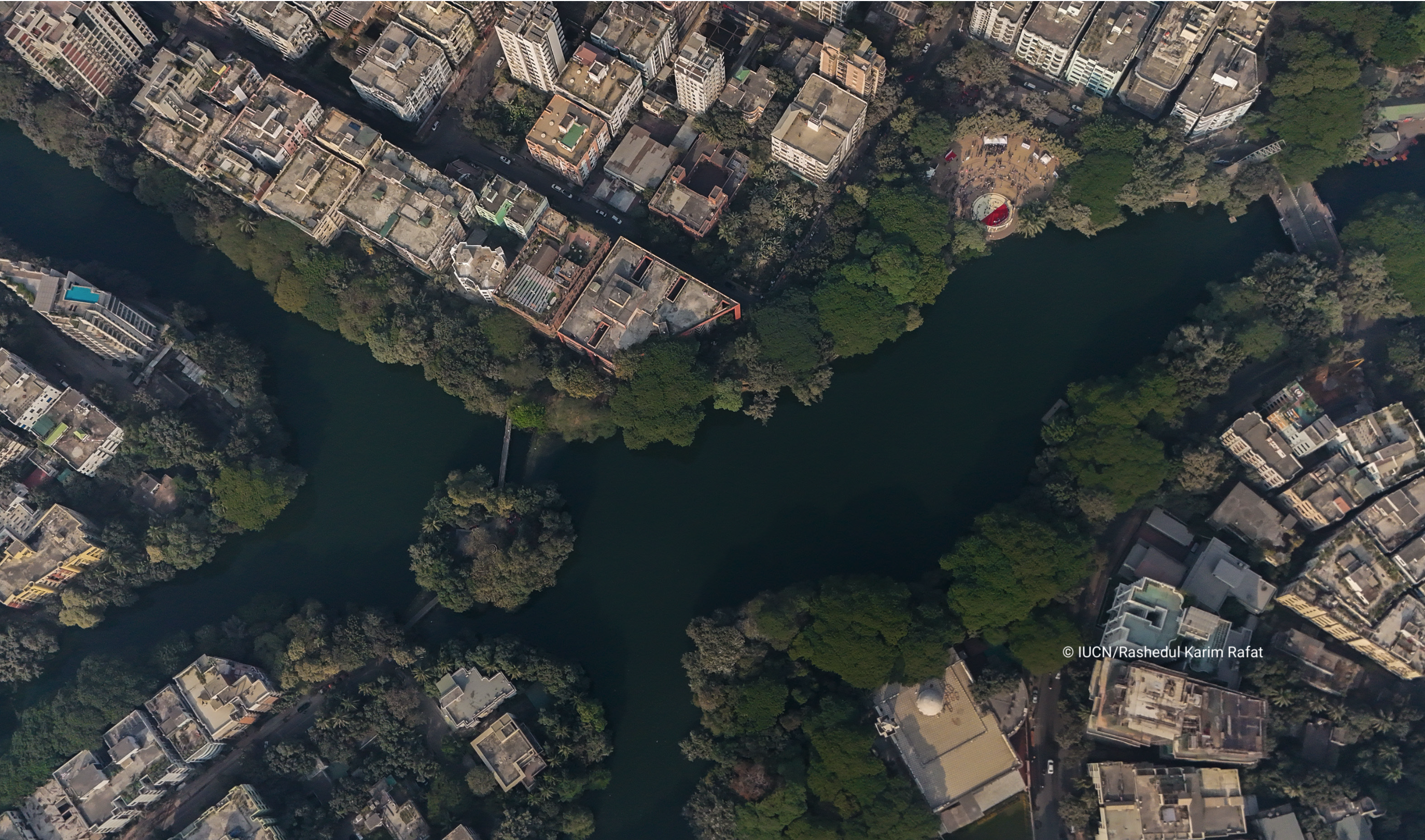
National Launch of the Nature-Based Solutions Compendium for Bangladesh
30 April 2025
Dhaka, Bangladesh

GCA Annual Bangladesh Work Program Consultation Meeting 2025
27 February 2025
Global, Virtual
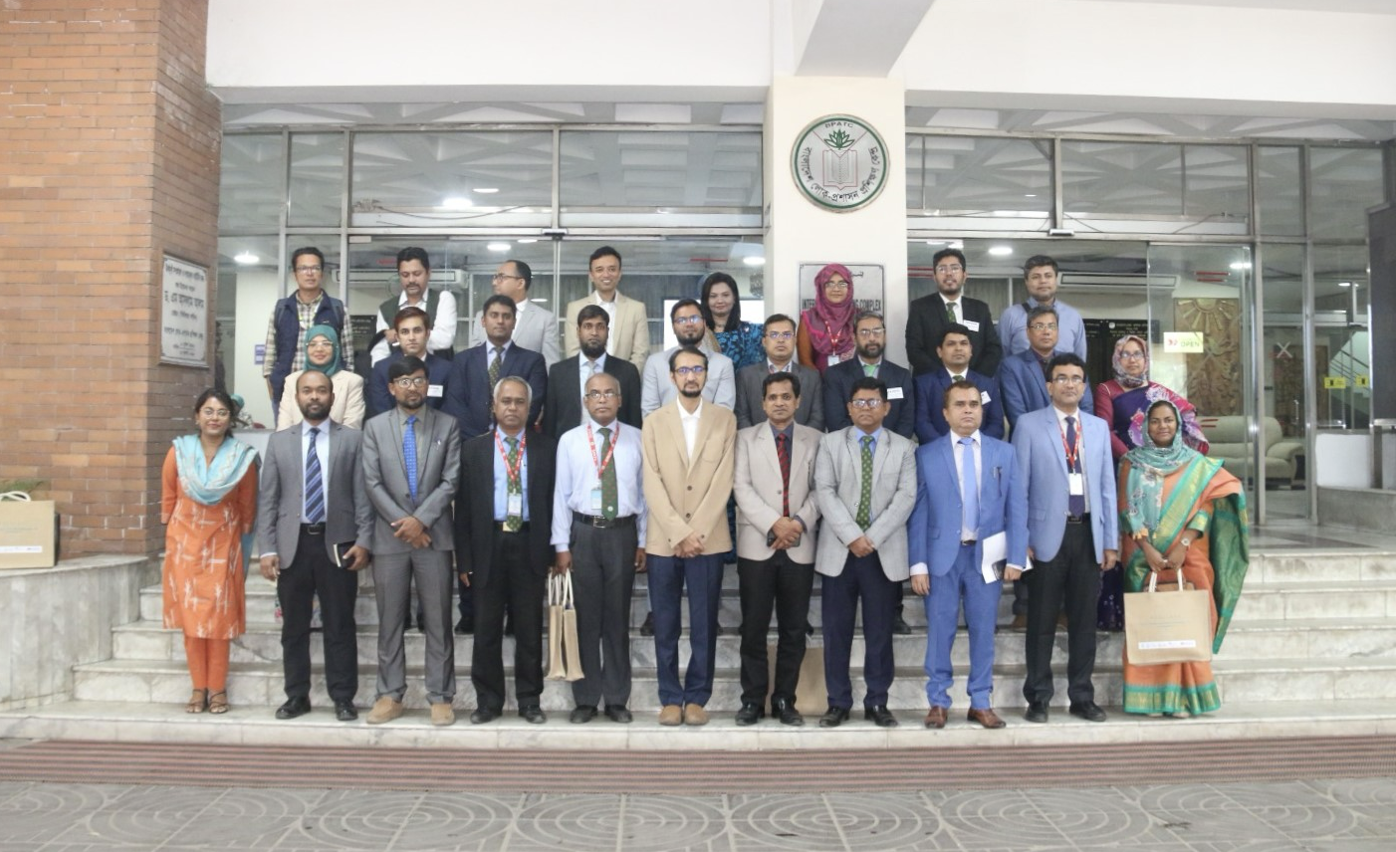
Knowledge Workshop: Climate Change and Locally Led Adaptation in Bangladesh
9 December 2024
BPATC, Savar, Bangladesh

Nature-Based Solutions for Climate Resilience in Coastal Towns
4 December 2024
Dhaka, Bangladesh

Stakeholder Validation Workshop of Scoping Study and Potential Entry Points for GCA’s Engagement in Climate Adaptation in Bangladesh’s Agriculture Sector
26 September 2024
Hotel Inter-Continental, Dhaka, Bangladesh

Training on Adaptation Finance: Enabling Direct Access to the GCF in Bangladesh (Phase II: GCF Mechanism and Proposal Write shop)
22 September 2024
Renaissance Dhaka Gulshan Hotel, Bangladesh
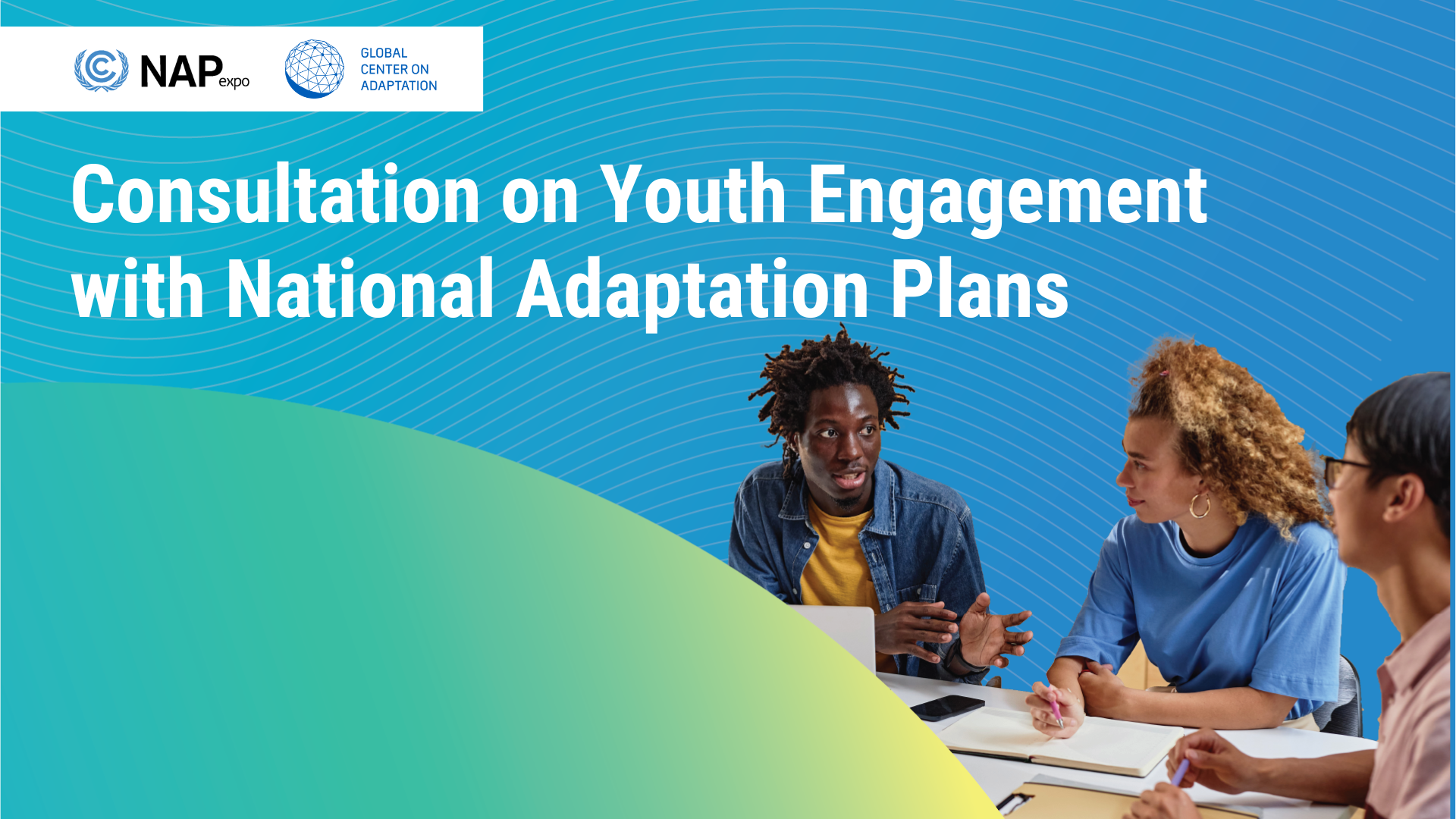
NAP Expo 2024: Consultation on Youth Engagement with National Adaptation Plans
23 April 2024
Dhaka, Bangladesh
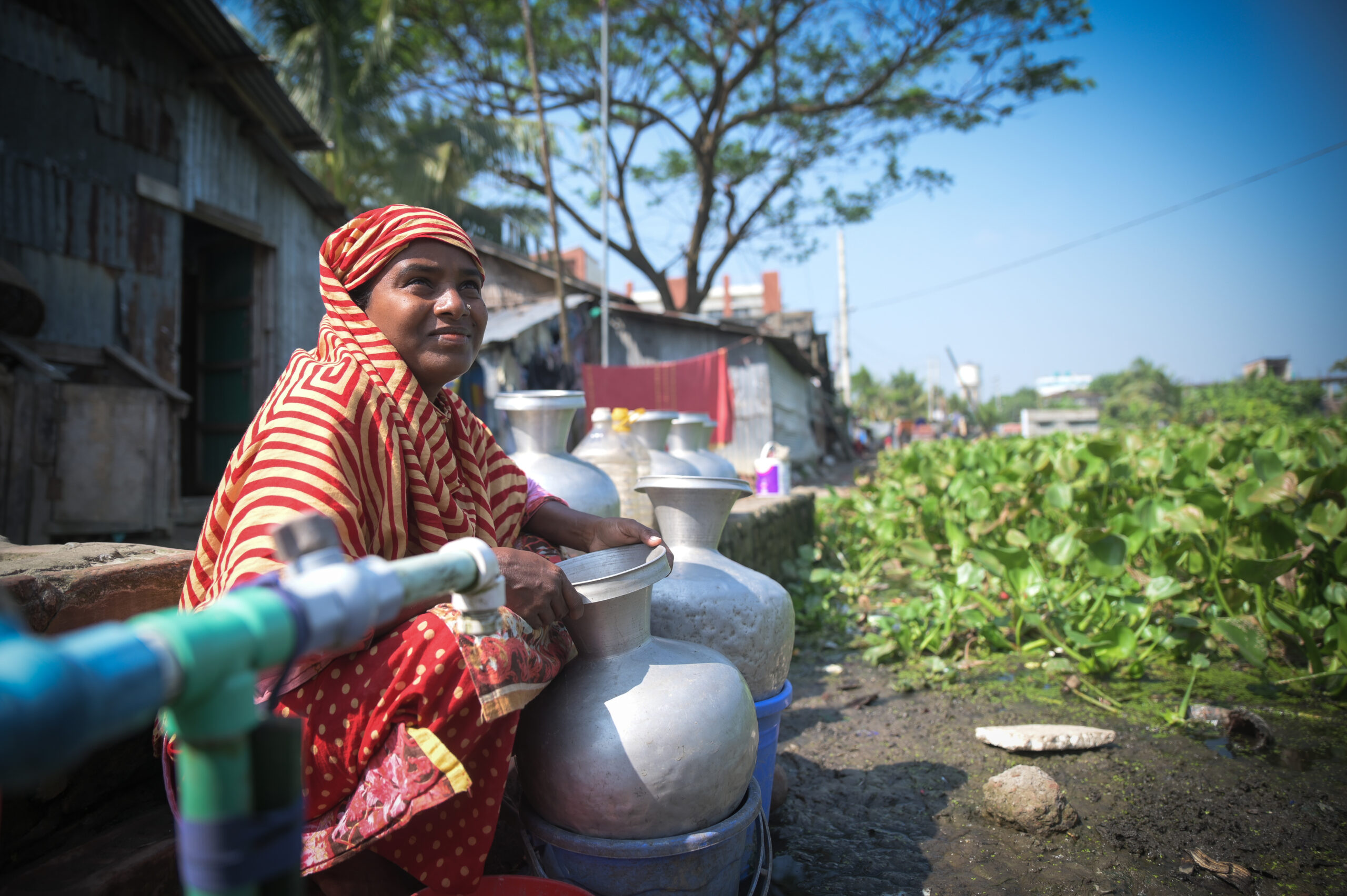
People’s Planning for Climate Change Adaptation in Coastal Towns of Bangladesh
4 March 2024
Gobeshona Global Conference 4
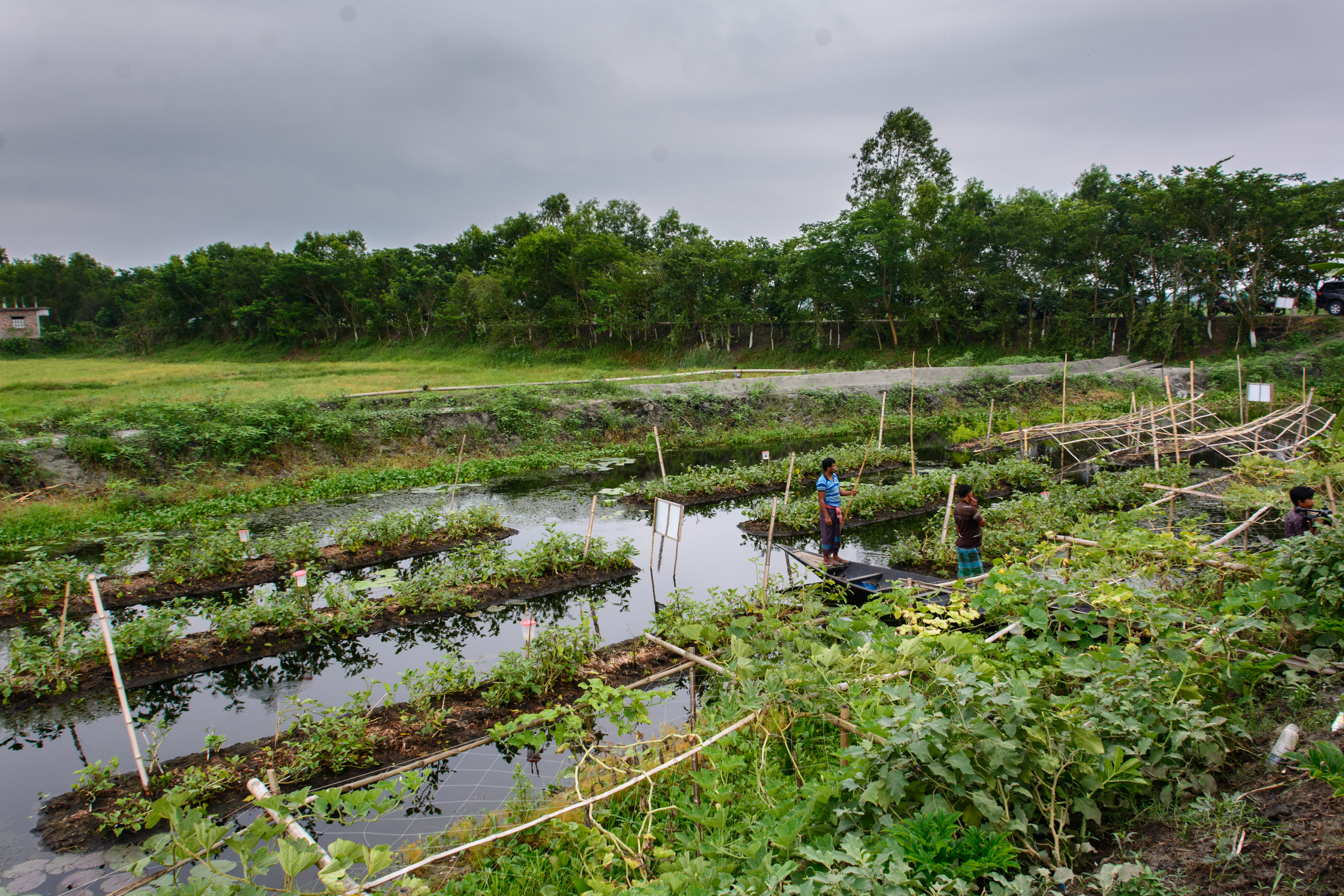
Local Governments, Global Stocktake
10 December 2023
Bangladesh Pavilion, UNFCCC COP28, Dubai, United Arab Emirates
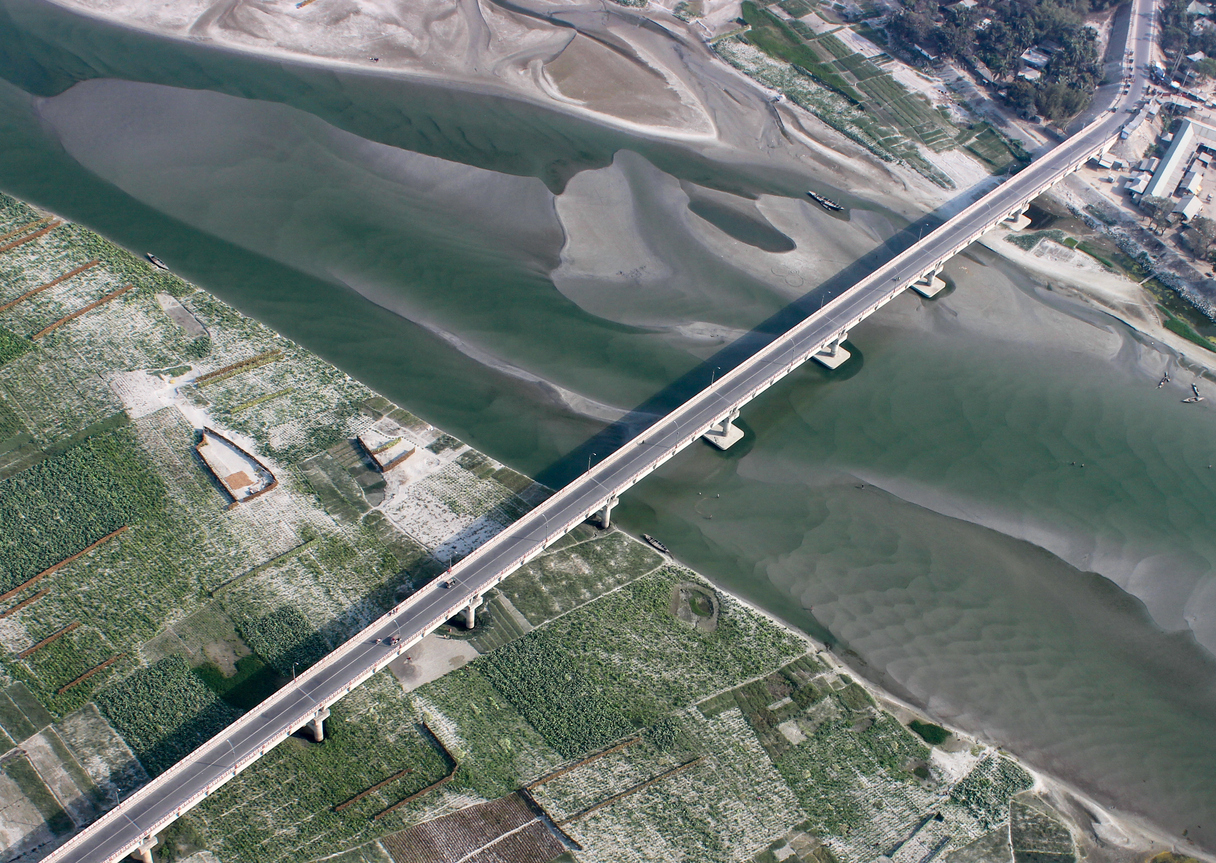
Training on Adaptation Finance: Enabling Direct Access to the Green Climate Fund in Bangladesh
5 November 2023
Pan Pacific Sonargaon, Dhaka, Bangladesh
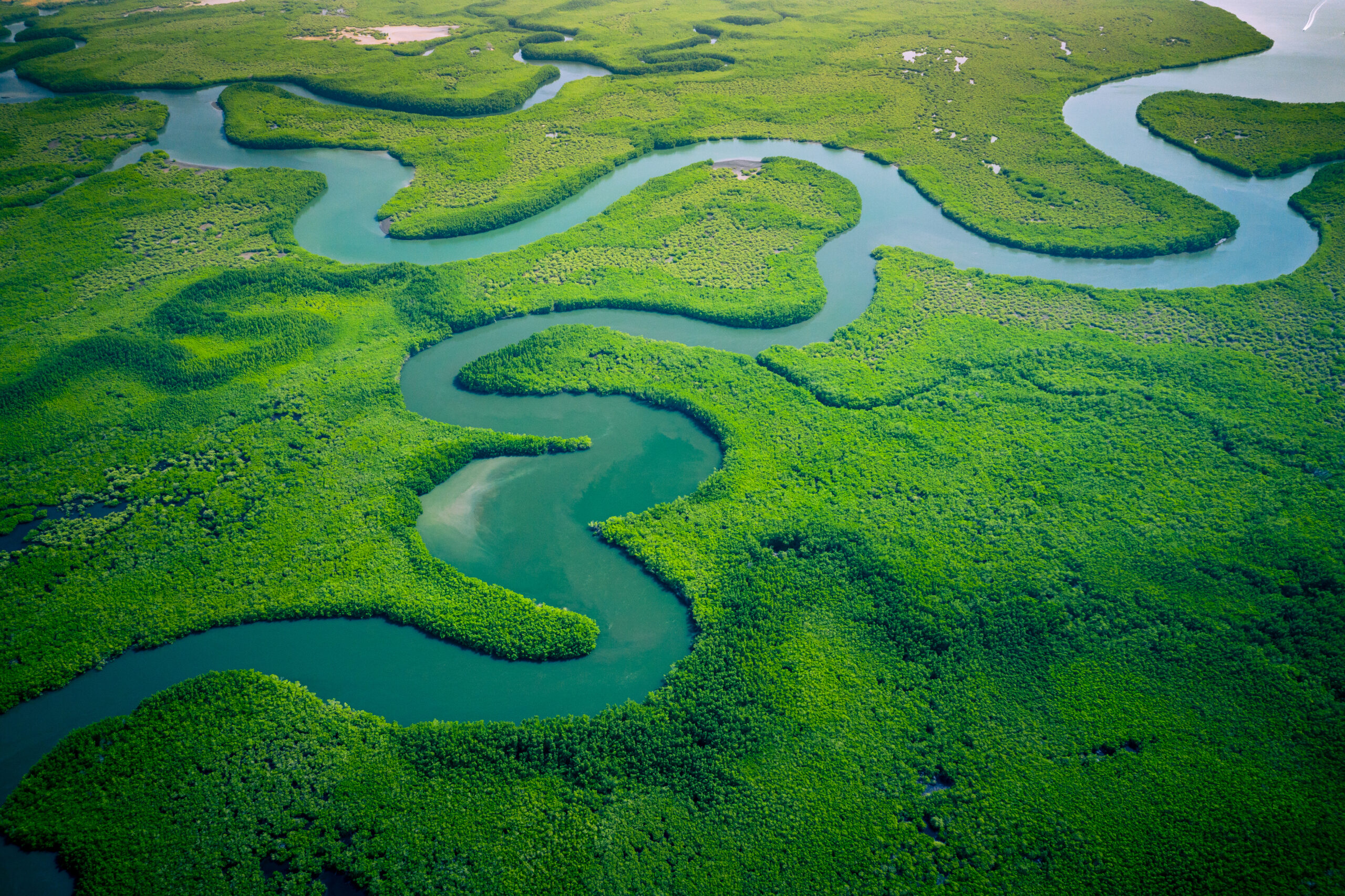
Stakeholder Workshop: Enhancing Coastal Resilience Through Nature-Based Solutions
26 September 2023
Dhaka, Bangladesh
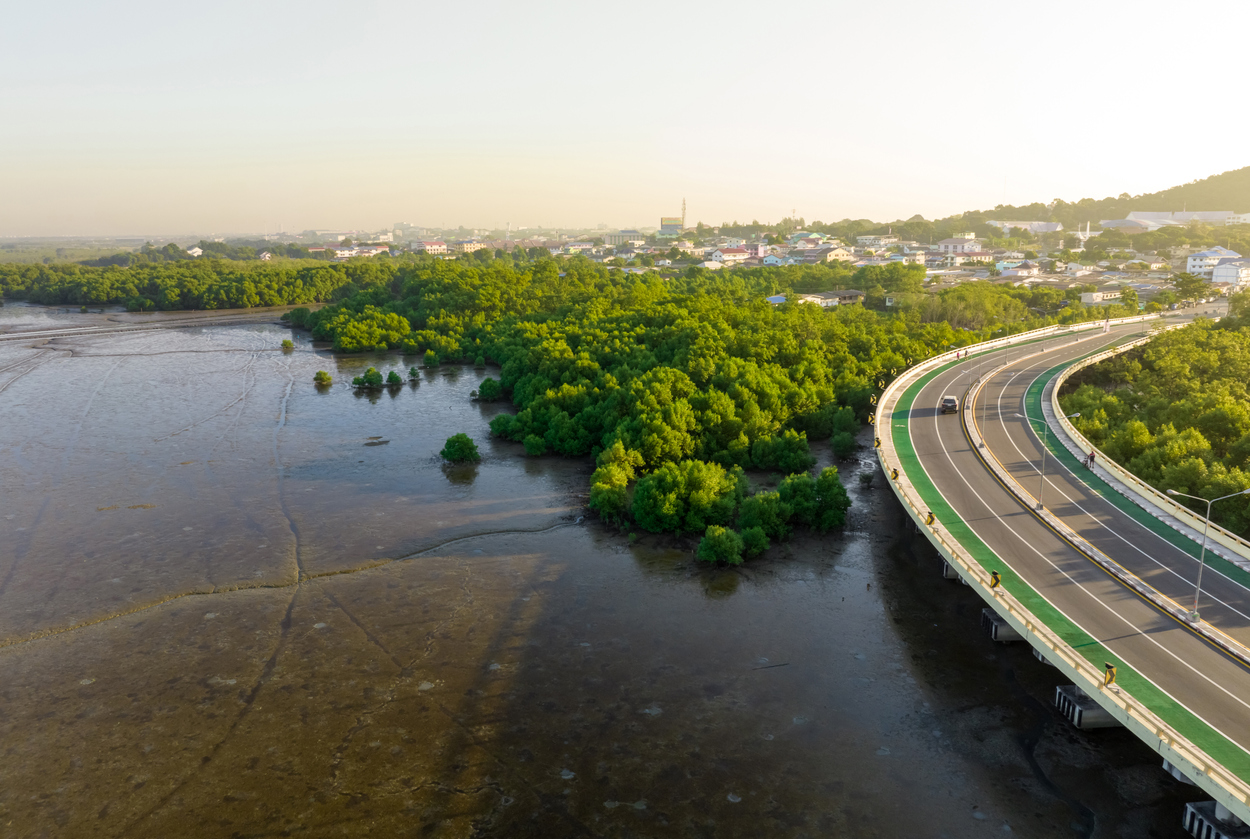
Nature-Based Solutions and Urban Climate Resilience: Global Experiences and Local Actions
31 August 2023
Incheon City, Republic of Korea
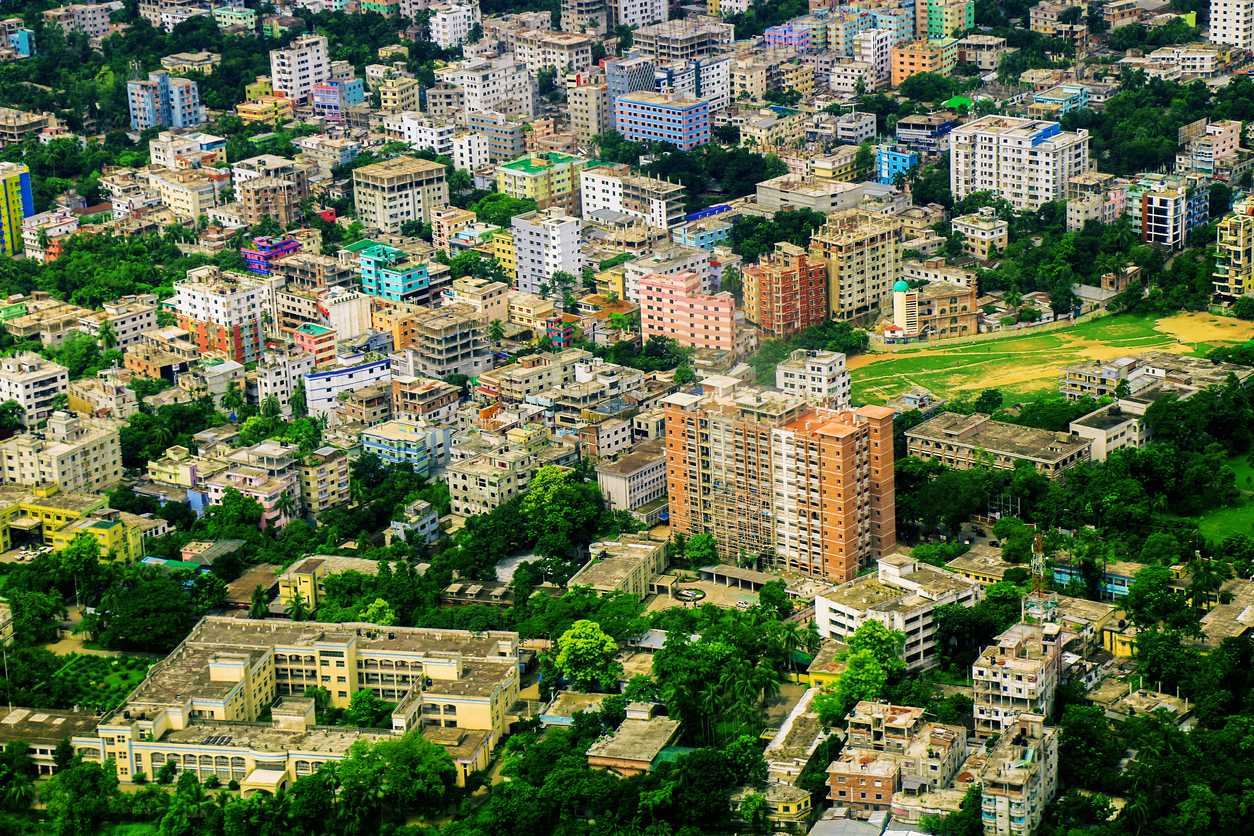
Urban Climate Resilience: Global Experiences and Local Actions
31 January 2023
Bangladesh Institute of Planners, Dhaka, Bangladesh
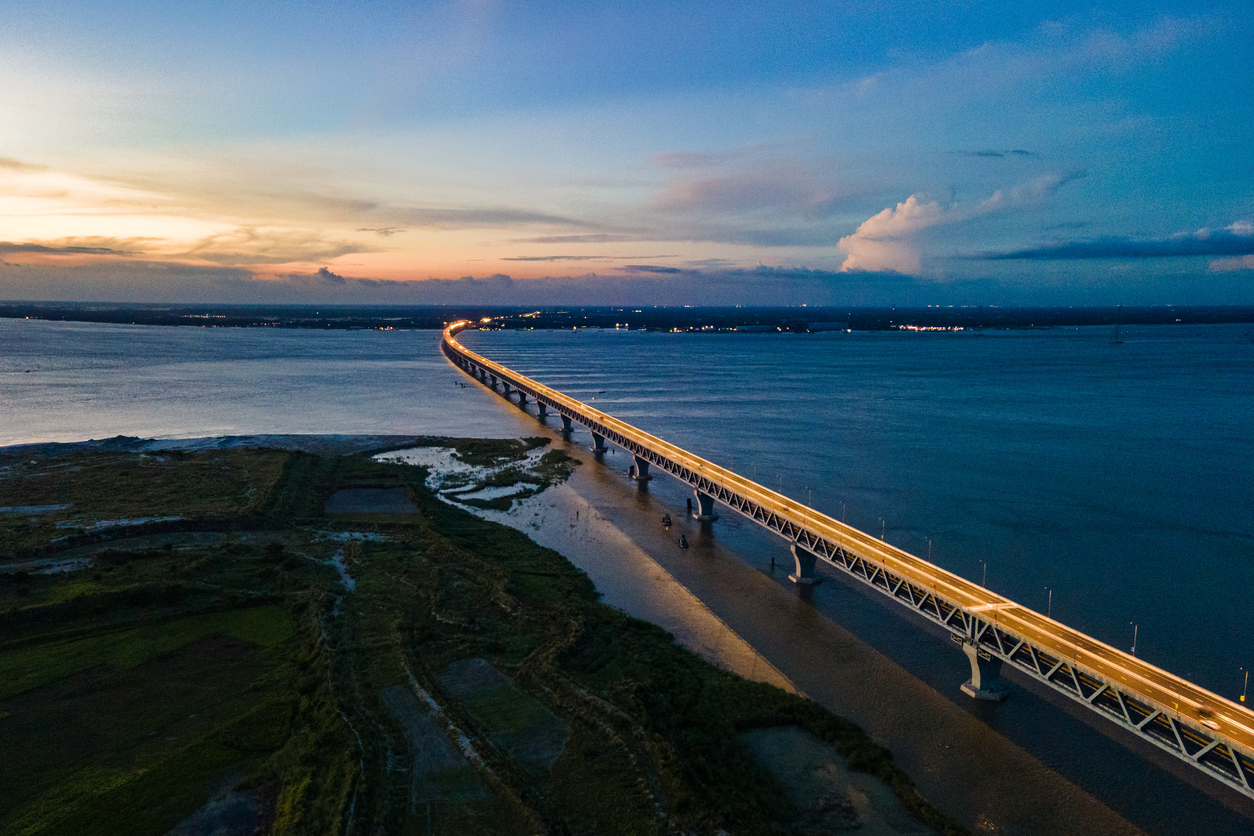
Workshop on Climate-Resilient Infrastructure
29 January 2023
BRAC Centre, 75 Mohakhali, Dhaka, Bangladesh
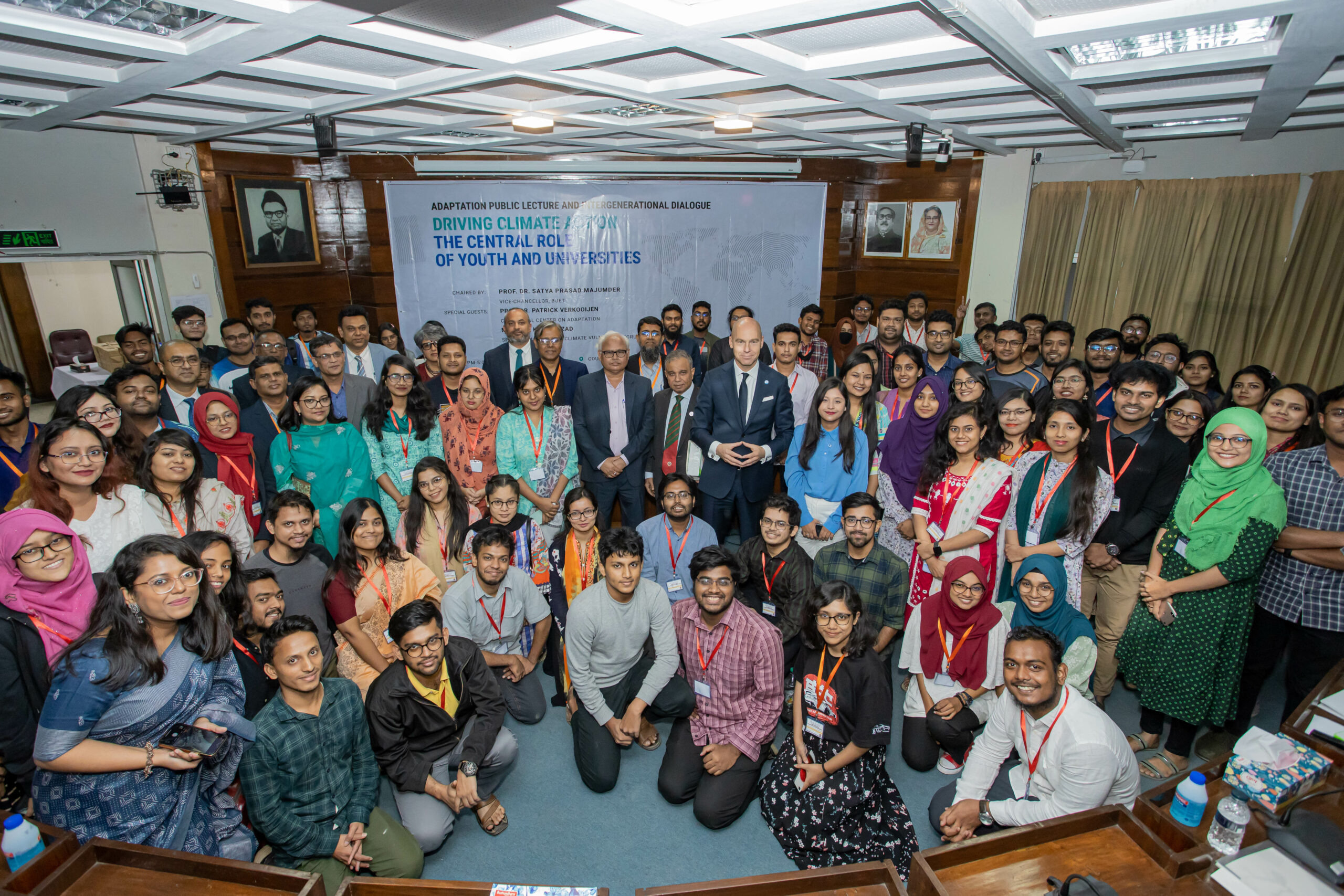
Driving Climate Action: The Central Role of Youth and Universities
11 December 2022
Bangladesh University of Engineering and Technology, Dhaka, Bangladesh
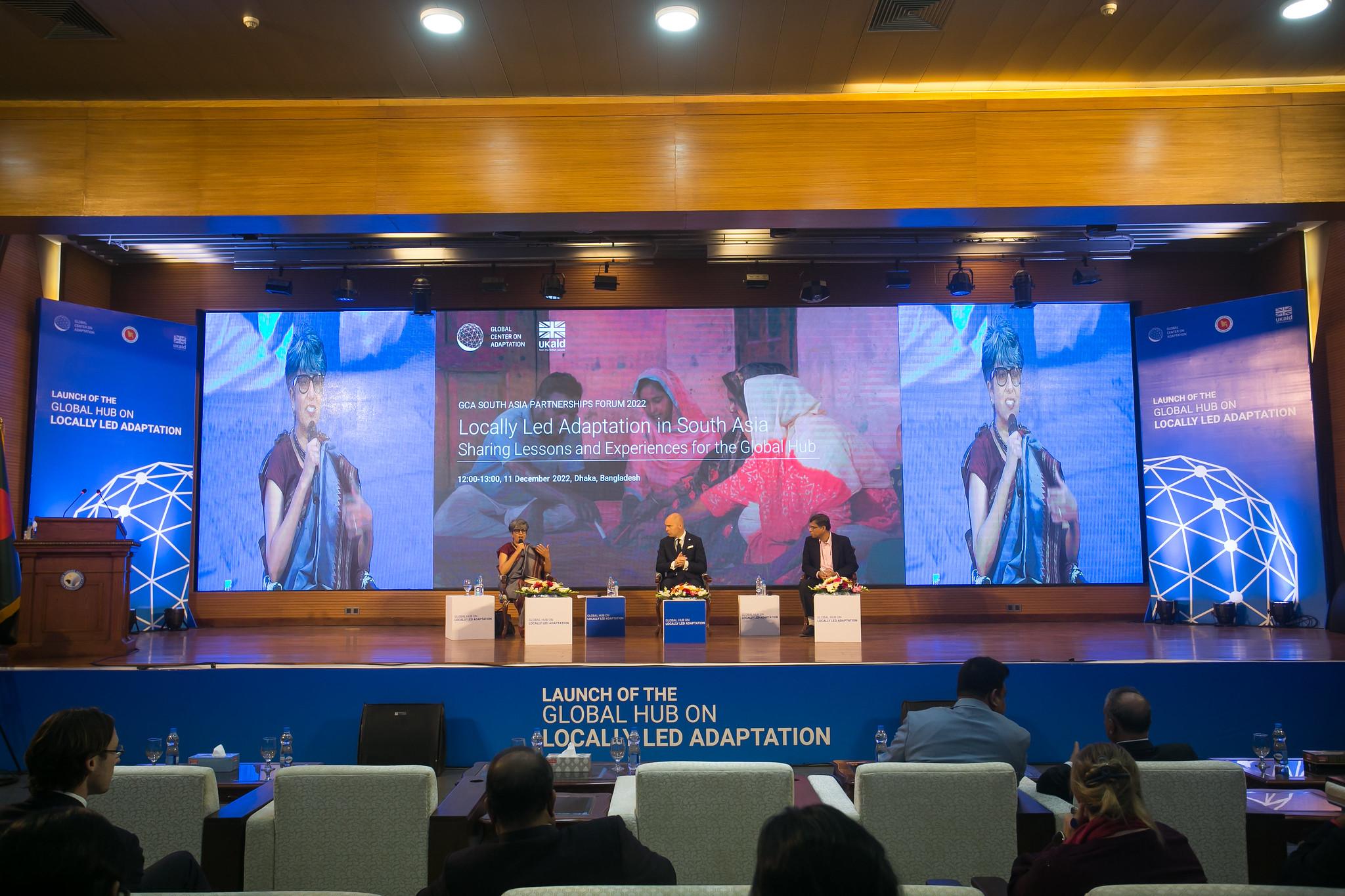
GCA South Asia Partnerships Forum 2022
11 December 2022
Dhaka, Bangladesh (Hybrid)
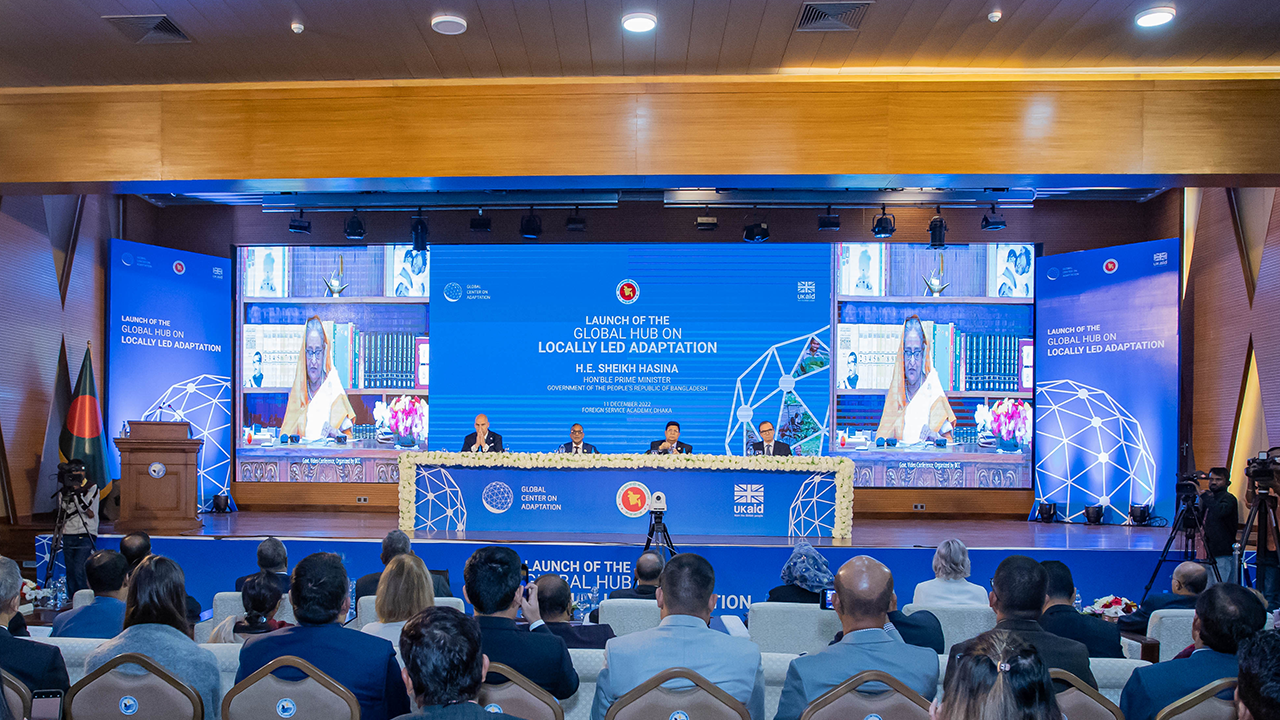
Launch of the Global Hub on Locally Led Adaptation
11 December 2022
Bangladesh Foreign Service Academy, Dhaka, Bangladesh
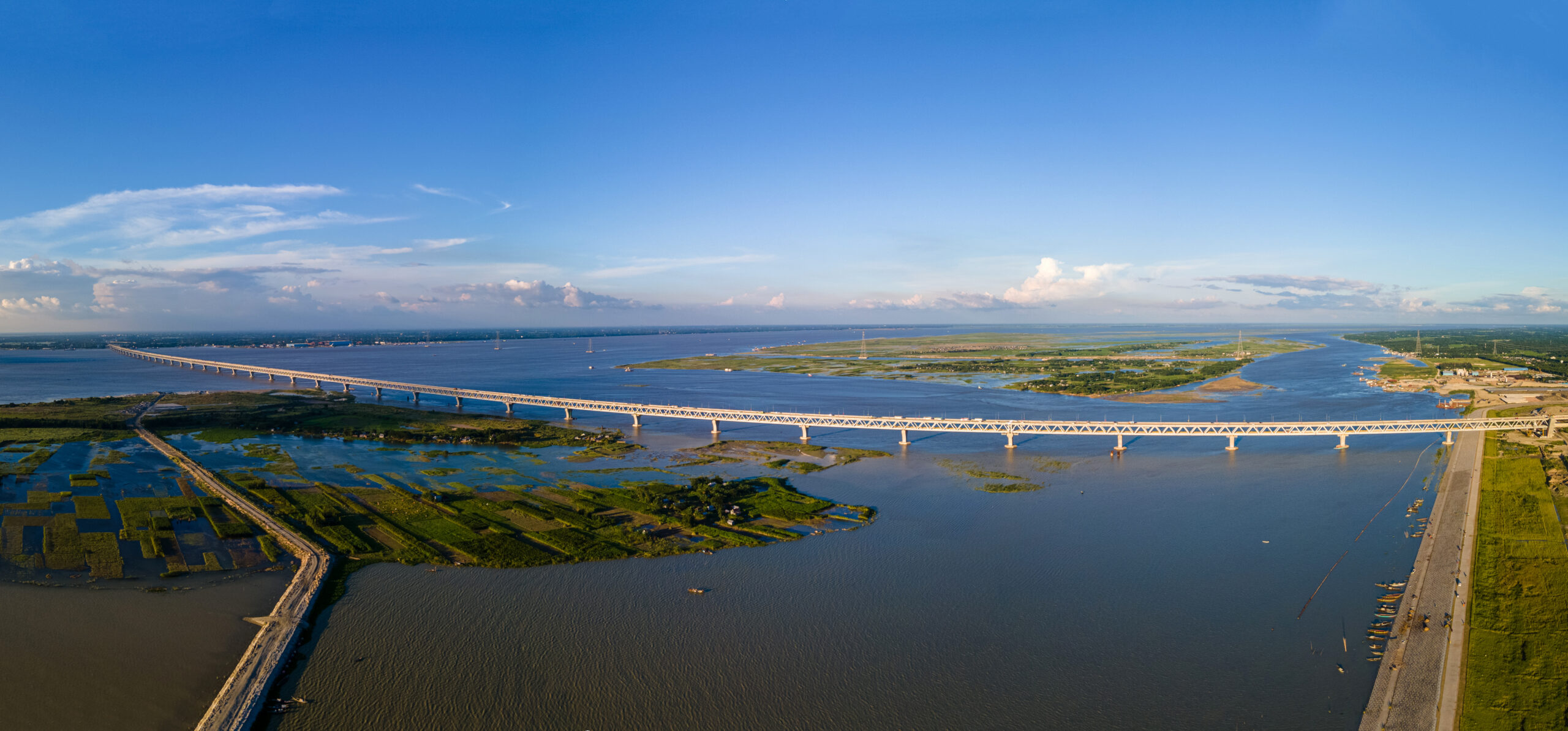
Inter-ministerial Dialogue on Climate-Resilient Infrastructure
22 September 2022
Department of Environment, Dhaka, Bangladesh
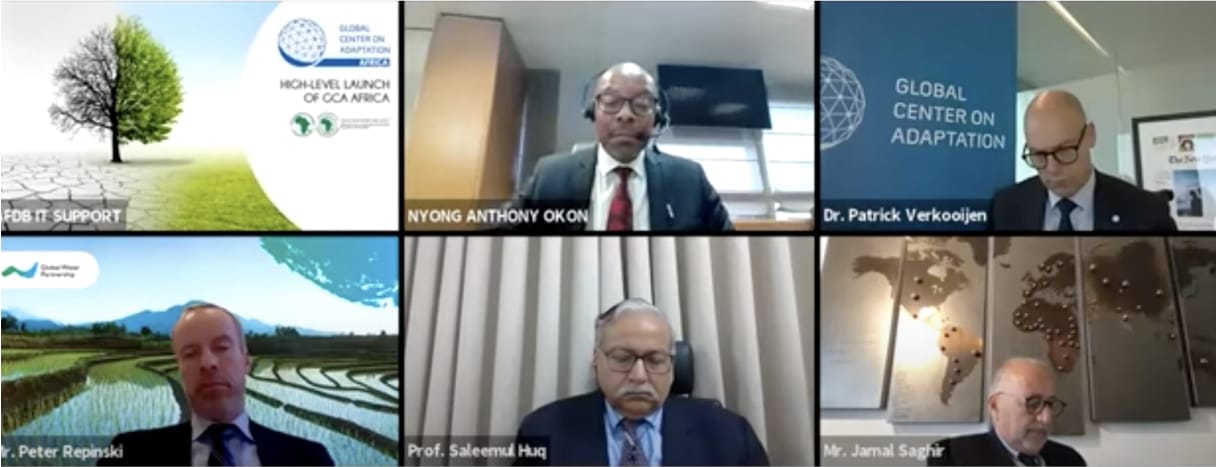
High-Level Launch of GCA South Asia
8 September 2020
Worldwide
Videos
GCA South Asia Team

Susan Shen
Regional Director for Asia

Rita Lohani
Country Representative – Bangladesh

Feisal Rahman
Senior Water Climate Adaptation Specialist

Mosleh Uddin
Senior Program Officer, Climate Finance, South Asia

Riadadh Hossain
Programme Officer, Locally Led Adaptation

Tanvir Rahman Chowdhury
Program Officer, Infrastructure and Nature-based Solutions (NbS)

Silvi Razzaque
Operations Officer

Abu Touhid Hossain.
Junior Program Officer, Infrastructure and Nature-based Solutions (NbS)

Md. Rezaur Rahman
Administrative Assistant